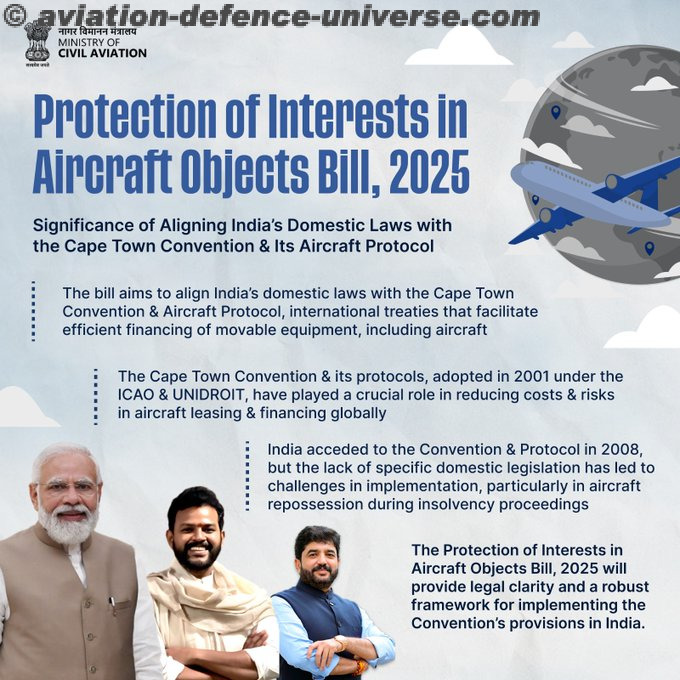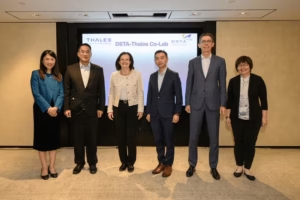New Delhi. 25 february,2016. Reinforcing India’s unwavering support for universal and non-discriminatory nuclear disarmament, Joint Secretary, Disarmament & International Security Affairs, Ministry of External Affairs, Amandeep Singh Gill said that India remains a strong proponent of universal nuclear disarmament with “clear exposition of a way forward, a step by step process, underpinned by a shared universal commitment in an agreed multilateral framework”.
Discussing different aspects of global nuclear governance – nuclear non-proliferation, safety, security and disarmament – experts from India and abroad took stock of technological evolution and lack transparency as major challenges for global nuclear governance.
The experts were speaking at the inaugural day of the Conference on ‘India’s Role in Global Nuclear Governance’, organised by the Institute for Defence Studies and Analyses (IDSA), in collaboration with the Peace Research Institute, Oslo (PRIO).
Global governance needs to address the aspirations of an array of developing countries seeking nuclear energy, and not just those most likely to succeed, noted the experts. While they cannot be deprived of their rights to the peaceful use of nuclear energy, global governance laws, regulations and conventions oblige these countries to fulfill obligations that are in the interests of all, they added. The experts further observed that evolution in the nuclear governance regime has historically always been problematic. However, crises such as Iraq’s nuclear programme have helped in strengthening the regime.
Enlisting cyber security as another major concern for global nuclear governance, the experts noted the inadequacy of cyber security training in the nuclear industry. Even a small cyber attack on a nuclear facility can lead to disproportionate consequences, it was pointed out.
Lamenting the deficit of dialogue among stakeholders, on nuclear governance, Gill insisted on the need for exchanges among them on various aspects of governance, especially nuclear security and non-proliferation.
Speaking on the notion of global nuclear governance, he said that it is similar to domains like climate change and the law of the seas. Deliberating on the history of India’s contribution to nuclear governance since early 1950s, Gill said that this consists of an ecology of forums, institutions and norms, which has evolved with time.
Gill recalled that India’s public and vocal stand against nuclear weapons went back to 1954 when the then Prime Minister, late Jawaharlal Nehru, proposed the idea of a complete ban on the testing of nuclear weapons. It was this call that led to the Partial Test Ban Treaty (PTBT), he added. However, in later years, with the security situation deteriorating in its neighbourhood, India felt the need to acquire nuclear weapons for its national security.
Also speaking on the occasion was Vice-Chancellor, Homi Bhabha National Institute, RB Grover, who elaborated on how India looks at nuclear technology as a resource for meeting its energy requirements. He also explained the rationale for India’s closed fuel cycle and mentioned that steps have been underway for operationalising the fast breeder reactor and the development of proliferation- resistant fuel cycles.
Earlier, several experts said that India’s full membership in NSG, would lead to improved global nuclear governance.






























































































































